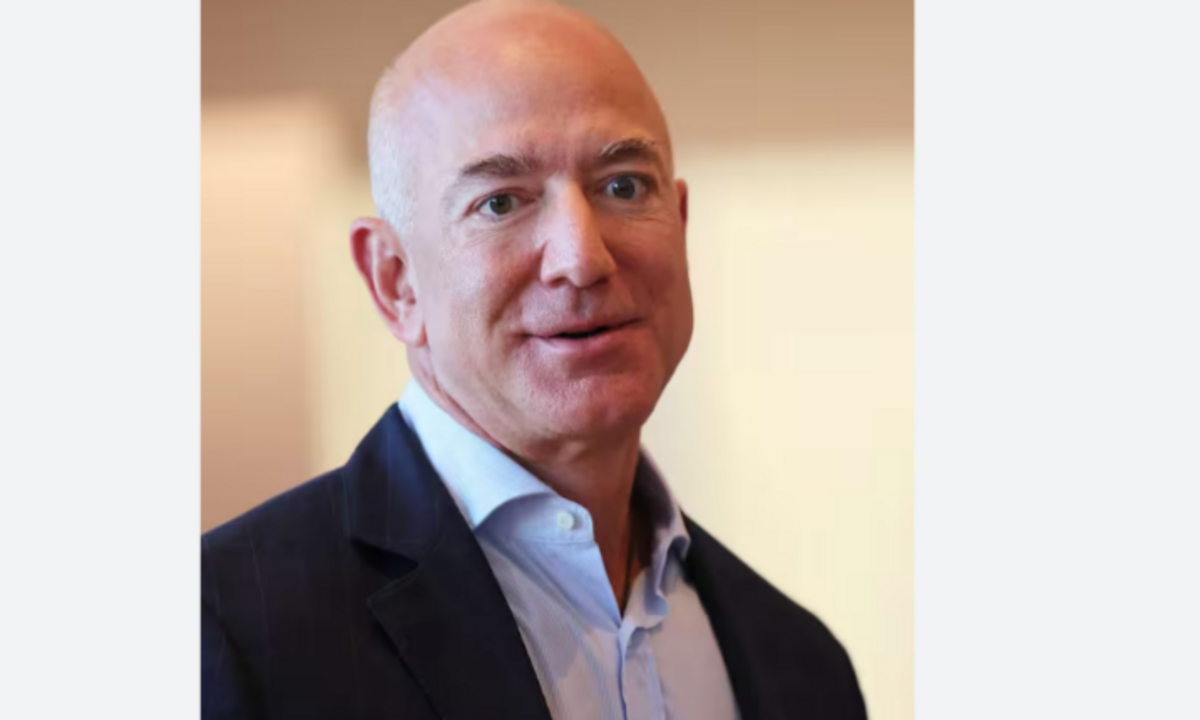In an effort to address the growing trust deficit in U.S. media, tech billionaires Patrick Soon-Shiong and Jeff Bezos are initiating significant changes to their respective newspapers, the Los Angeles Times and The Washington Post.
These moves aim to enhance transparency and credibility but have sparked debates about potential impacts on journalistic integrity.
AI-Powered ‘Bias Meter’ at the Los Angeles Times
Patrick Soon-Shiong, owner of the Los Angeles Times since 2018, has announced the development of an artificial intelligence-powered “bias meter” designed to evaluate and disclose potential biases in news articles. This tool intends to provide readers with balanced perspectives by highlighting the source and possible slant of each story.
In a discussion on political commentator Scott Jennings’ radio show, Soon-Shiong explained his motivation:
“I knew that I had to address even the newsroom by saying, look, are you sure your news is news? Or is your news really [your] opinion of your news?”
While the initiative aims to foster transparency, it has faced criticism from press advocates and journalists. Ann Marie Lipinski, curator of Harvard’s Nieman Foundation for Journalism, expressed concern:
“He’s declaring himself to the public as in opposition to his own staff… You’ve declared your lack of trust in them and that you’re going to be independently monitoring and grading them in a public venue.”
Critics argue that such measures could undermine newsroom morale and the foundational trust between journalists and their audience.
Innovations at The Washington Post
Jeff Bezos, who acquired The Washington Post in 2013, has acknowledged the challenges traditional media face in maintaining public trust. Speaking at the New York Times’ DealBook conference, Bezos shared his commitment to revitalizing the Post:
“I’m working on that right now. And I have a couple of small inventions there… We’re struggling with the issue that all traditional media is struggling with, which is a very difficult and significant loss of trust.”
Although specific details of his planned innovations remain undisclosed, Bezos emphasizes the necessity of restoring confidence in media outlets.
Controversial Editorial Decisions
Both Soon-Shiong and Bezos have recently made editorial choices that sparked controversy. Notably, they retracted their newspapers’ endorsements of presidential candidate Kamala Harris shortly before the U.S. election. This unprecedented move led to internal dissent and public debate about the influence of ownership on editorial independence.
Soon-Shiong defended his decision, citing concerns over Harris’s support for certain policies, while Bezos stated:
“I’m proud of the decision we made, and it was far from cowardly.”
These actions have intensified discussions about the role of billionaire owners in shaping media narratives and the potential conflicts between business interests and journalistic objectivity.
Declining Trust in Media
These initiatives emerge against a backdrop of historically low trust in U.S. news media. Recent Gallup polls indicate that less than a third of Americans express confidence in the media’s ability to report news fairly and accurately, a significant decline from about 70% in the 1970s.
This erosion of trust presents a formidable challenge for media organizations striving to maintain credibility in an era of information overload and widespread misinformation.
Balancing Innovation with Integrity
While the efforts by Soon-Shiong and Bezos aim to enhance transparency and trust, they also raise critical questions about the influence of ownership on editorial content and the potential risks of implementing technological solutions in journalism.
As these media moguls navigate the complex landscape of modern journalism, the industry watches closely to see whether such reforms will bridge the trust gap or further complicate the relationship between the press and the public.
Disclaimer—Our team has checked this article to ensure its accuracy and eliminate any misinformation. We are committed to providing clear and reliable information for our readers.


